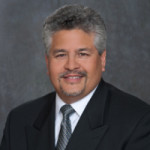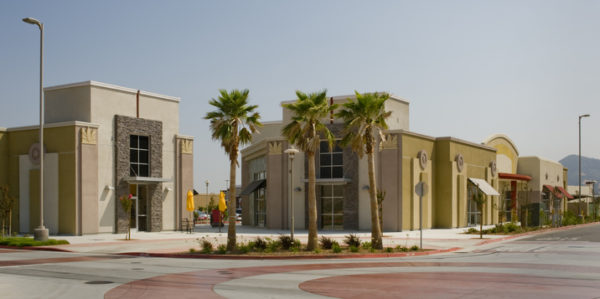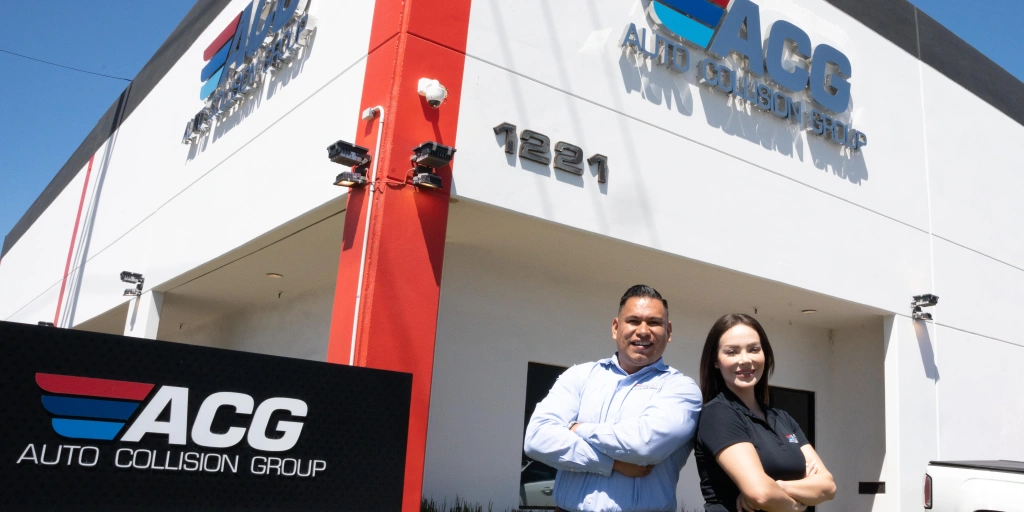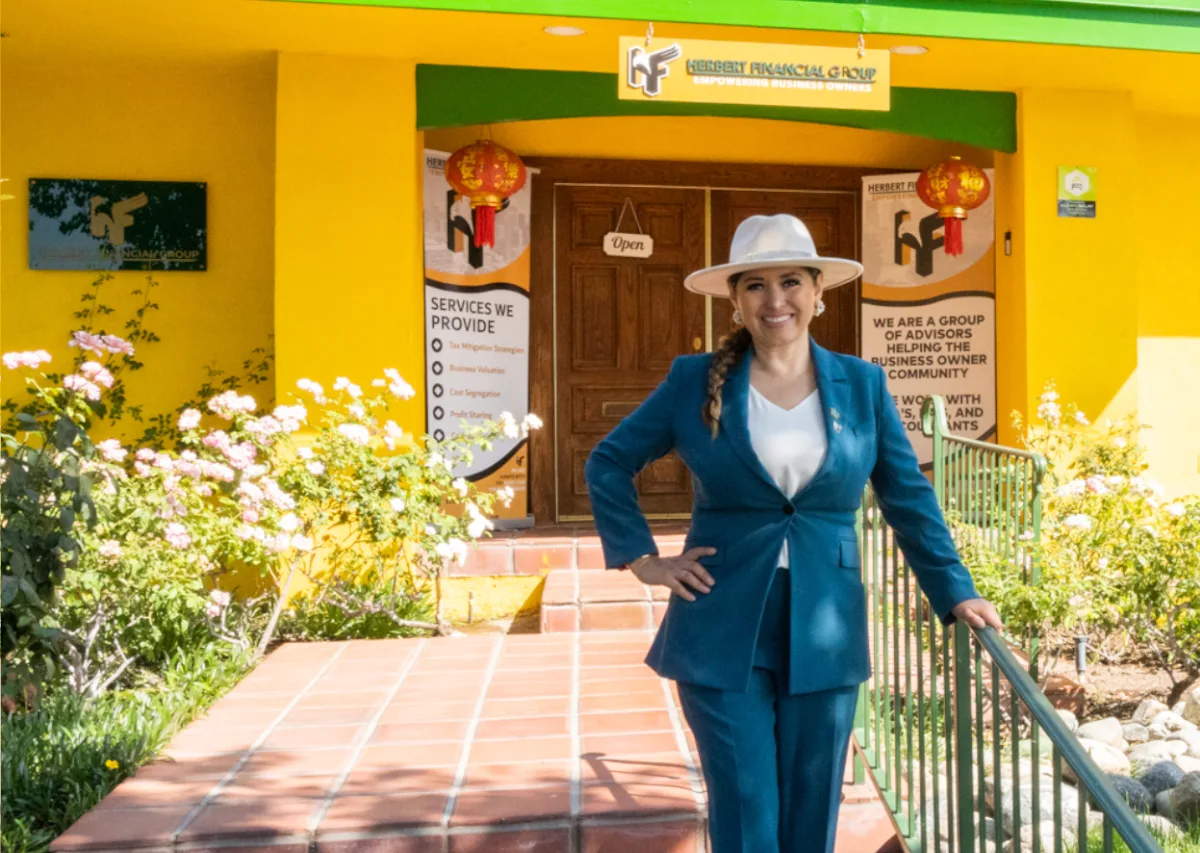Are you a lender who provides SBA 504 real estate loans, a small business looking to buy a building, or in any way involved with the 504 industry?
If you answered yes, you’ll want to get up to speed on the latest version of the SBA’s 504 SOP, or standard operating procedure. (A 504 loan, for the uninitiated, is low-cost, low down payment financing for buildings, land or major equipment backed by the U.S. Small Business Administration.)
Think of the SOP as a living rulebook that evolves as new industry issues or questions emerge. Like clockwork, it’s updated every year to set into stone the past year’s SBA policy tweaks and clean-up. This year’s SBA 504 revisions touch on everything from a change in the credit-elsewhere rule to clarification on marijuana-related businesses and debt refinancing guidelines.
Many of the updates should help streamline the SBA 504 process, making it easier for small business borrowers to get the financing they need quicker, said Mike Owen, chief credit officer at CDC Small Business Finance, who’s been a leading SBA 504 lender since 1978.
“When you’re unsure about an SBA 504 policy, always default to the SOP,” Owen said.
“It’s a roadmap that is continually refined and revised,” he added. “You’ll want to make sure whatever decision you make in a lending context with an SBA product, it’s in alignment with this federal document.”
Focus on these main takeaways from the 2019 SOP update, formally known as SOP 50 10 5(K), which is set to go live on April 1, 2019:
Increasing credit-elsewhere ownership threshold to 20%

As part of the underwriting process, SBA 504 lenders must conduct a “Credit Elsewhere” test to ensure the borrower applicant is truly unable to obtain conventional financing and thus needs a government-backed loan.
One part of this required test is to review the personal resources, or liquidity, of owners with a 10% stake in the business. The latest SOP increased that percentage threshold to 20%. “The increase was meant to make the loan process less cumbersome for potential borrowers since only the biggest-stake owners would be vetted, which theoretically would shorten the loan process,” said Owen, CDC’s chief credit officer.
For turnkey properties, you can use escrow account to close
 Say you are a small business using an SBA 504 loan to acquire a turnkey building you plan on occupying right away. In the past, your only option to close more quickly would be very short-term, interim financing, also known as a bridge loan. In other words, you’d use the interim financing since there is usually a standard-logistics delay between an Escrow closing deadline and SBA’s funding.
Say you are a small business using an SBA 504 loan to acquire a turnkey building you plan on occupying right away. In the past, your only option to close more quickly would be very short-term, interim financing, also known as a bridge loan. In other words, you’d use the interim financing since there is usually a standard-logistics delay between an Escrow closing deadline and SBA’s funding.
Related: Hotel linens servicer used SBA 504 loans to expand to 400+ employees
Now, according to the revised SOP, you’ll have the option of using proceeds from an SBA-approved Escrow account, which will require an additional, temporary 10% deposit above the borrower’s standard purchase down payment for SBA’s compliance to use.
Also, consider this important disclaimer from the SBA: “NOTE: Escrow closings with no interim financing will not be available for use until SBA has announced that the necessary forms have been created and/or revised, as appropriate.” In other words, stay tuned.
Marijuana-related firms ineligible for SBA loans
Many have wondered if you can use an SBA loan to fund a marijuana-related business. The answer is still a no though the SOP clarifies there’s one limited exception.
 While several states have legalized marijuana as a recreational drug, cannabis remains illegal on the federal level. This means businesses that profit from marijuana-related activities or that support the production or distribution of marijuana or one of its by-products cannot qualify for SBA financing such as a 504 real estate loan.
While several states have legalized marijuana as a recreational drug, cannabis remains illegal on the federal level. This means businesses that profit from marijuana-related activities or that support the production or distribution of marijuana or one of its by-products cannot qualify for SBA financing such as a 504 real estate loan.
Examples of banned businesses include marijuana dispensaries and cannabis growers. You also cannot fund a building with an SBA 504 loan if one of your tenants is someone whose business is tied to marijuana-related activities.
There are exceptions to this rule. Say you are an entrepreneur that provides so-called “normal business services” such as a plumber. If a marijuana dispensary happens to be one of your plumbing-service customers, then that alone would not disqualify you from getting an SBA loan. Another hypothetical example would be a box manufacturer that typically contracts with manufacturers who box their product for retail/wholesale distribution. If one of the clients of this box manufacturer happens to be a cannabis seller who distributes through box containers, then the same logic would apply.
Jobs-to-504 debenture ratio changes

Since 1986, the focus of the SBA 504 program has always been spurring economic development by way of job creation. As a result, each SBA 504 project must commit to creating or preserving one job for every $75,000 of project debenture, according to the SOP update. Before, that threshold was $65,000. For manufacturers, the dollar-to-one-job measurement increased to $120,000, up from $100,000.
“The increase will allow more small business owners to qualify,” said Owen, a nationally recognized SBA 504 expert.
Related: How to get a sub-5% building loan in a rising rate environment
The latest version of the SOP also added “Opportunity Zones” as a special geographic area and increased the job ratio to one job for every $85,000 of project debenture. The IRS defines one as an “economically-distressed community where new investments, under certain conditions, may be eligible for preferential tax treatment.”
Residential care facilities need medical element
 If you want to finance a residential care facility with an SBA 504 loan, you’ll need to incorporate a medical element to your services to qualify.
If you want to finance a residential care facility with an SBA 504 loan, you’ll need to incorporate a medical element to your services to qualify.
In other words, your business would need to go beyond just room and board. Having a 24-hour licensed nurse on staff and providing healthcare can help you gain eligibility.
Related: Buy vs renting commercial real estate checklist
Clarifying SBA 504 loan-to-value refinancing rules
The SBA 504 SOP also clarified the maximum percentage of working capital, or WC, a lender could provide a borrower seeking a debt refinance. The maximum loan-to-value when working capital is part of loan disbursements is now 85%, and the cap for the working-capital requirement is limited to 20%, slightly down from 25%. As a positive change in refinance, the maximum loan-to-value for existing debt refinance-only projects remains 90%.
Key change to energy production projects like solar
If a project qualifies for public policy for energy production, solar being a prime example, the qualifying criteria for energy produced has increased from 10% to 15% as a measure of qualification. Solar panels to increase SBA lending authority is a common justification.
Stumped by the latest SBA SOP updates and what they mean for you? CDC Small Business Finance, a longtime leader in the SBA 504 field, can help you understand the latest policy changes with ease. Reach us at loaninfo@cdcloans.com or (619) 243-8667.
Are you ready to buy a building now? We have a team of in-house loan experts who can help. This link will take you directly to our SBA 504 loan officers who service all of California, Arizona and Nevada. Reach out to one of our loan experts today.
In case you missed it:





